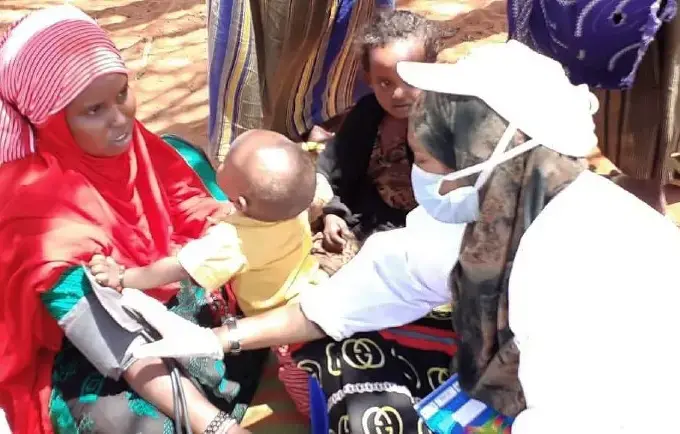Good sexual and reproductive health is a state of complete physical, psychological and social integrity in all matters related to the reproductive system. This means that people have the ability to have a satisfying and safe reproductive life, the ability to have children, and the freedom to decide whether and when they want to have children and how many children.
To maintain sexual and reproductive health, people need access to accurate information and a safe, effective, and affordable contraceptive method of their choice. They should be given the right and culturally appropriate information and empowered to protect themselves from sexually transmitted infections. When they decide to have children, women must have access to information and services that can help them achieve a safe pregnancy, a safe birth, and a healthy baby.
Everyone has the right to make their own choices about their sexual and reproductive health. UNFPA in Somalia, in cooperation with a wide range of national and regional partners, towards the goal of universal access to sexual and reproductive health and rights, including family planning as a key component of achieving the sustainable development goals number 3 and 5 on healthy lives and wellbeing and gender equality.
UNFPA works to ensure that sexual and reproductive health and rights remain at the center of the development process. The International Conference on Population and Development makes a clear link between reproductive health, human rights, and sustainable development. When sexual and reproductive health needs are not met, individuals are denied the right to make accurate decisions about their bodies and their future, and the well-being of their families and future generations is affected respectively. Because women are the ones who bear children, and they are often responsible for their nutrition, sexual and reproductive health and reproductive rights issues cannot be immune to gender inequality. The denial of these rights exacerbates cumulative poverty and inequality.



